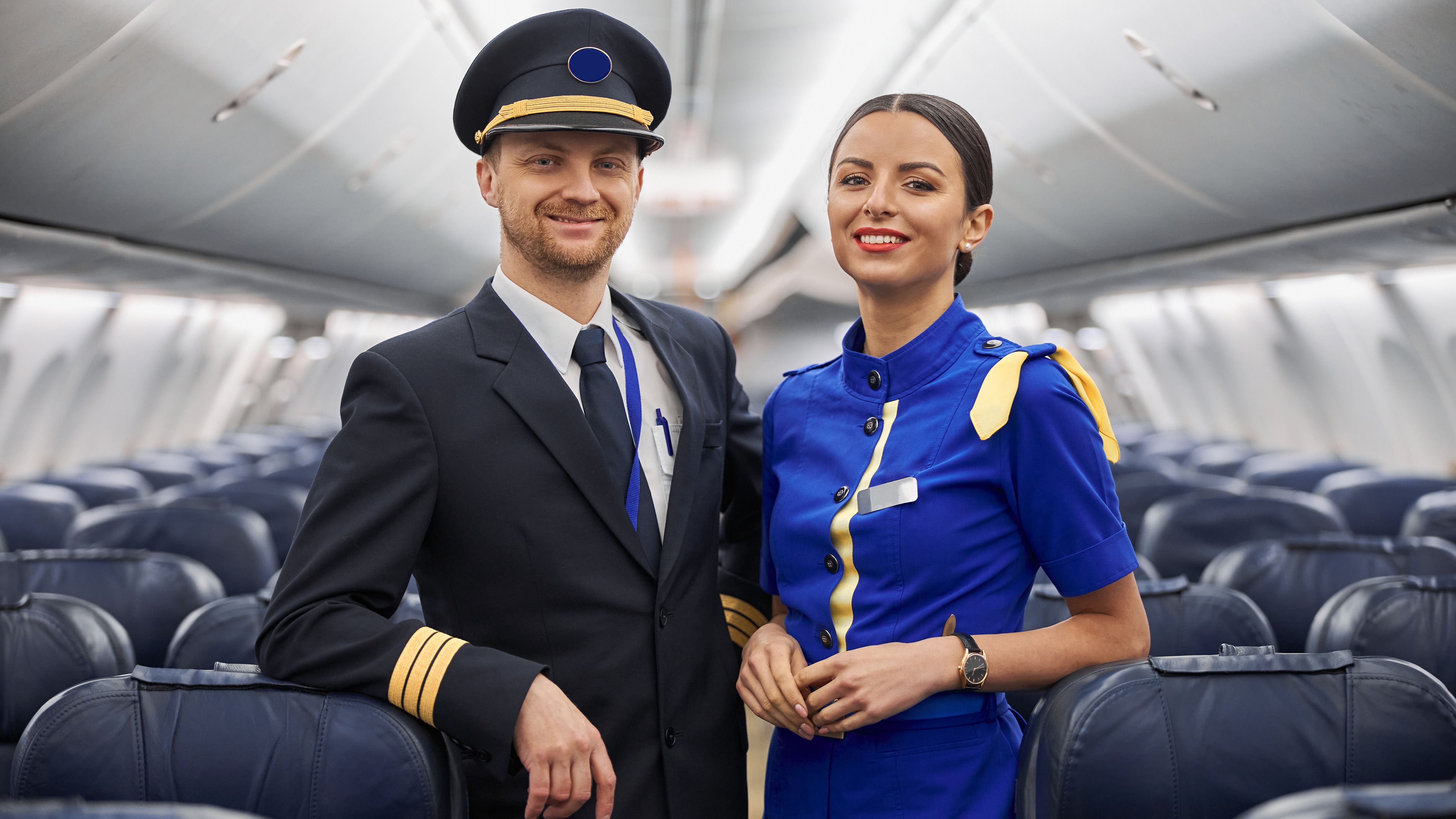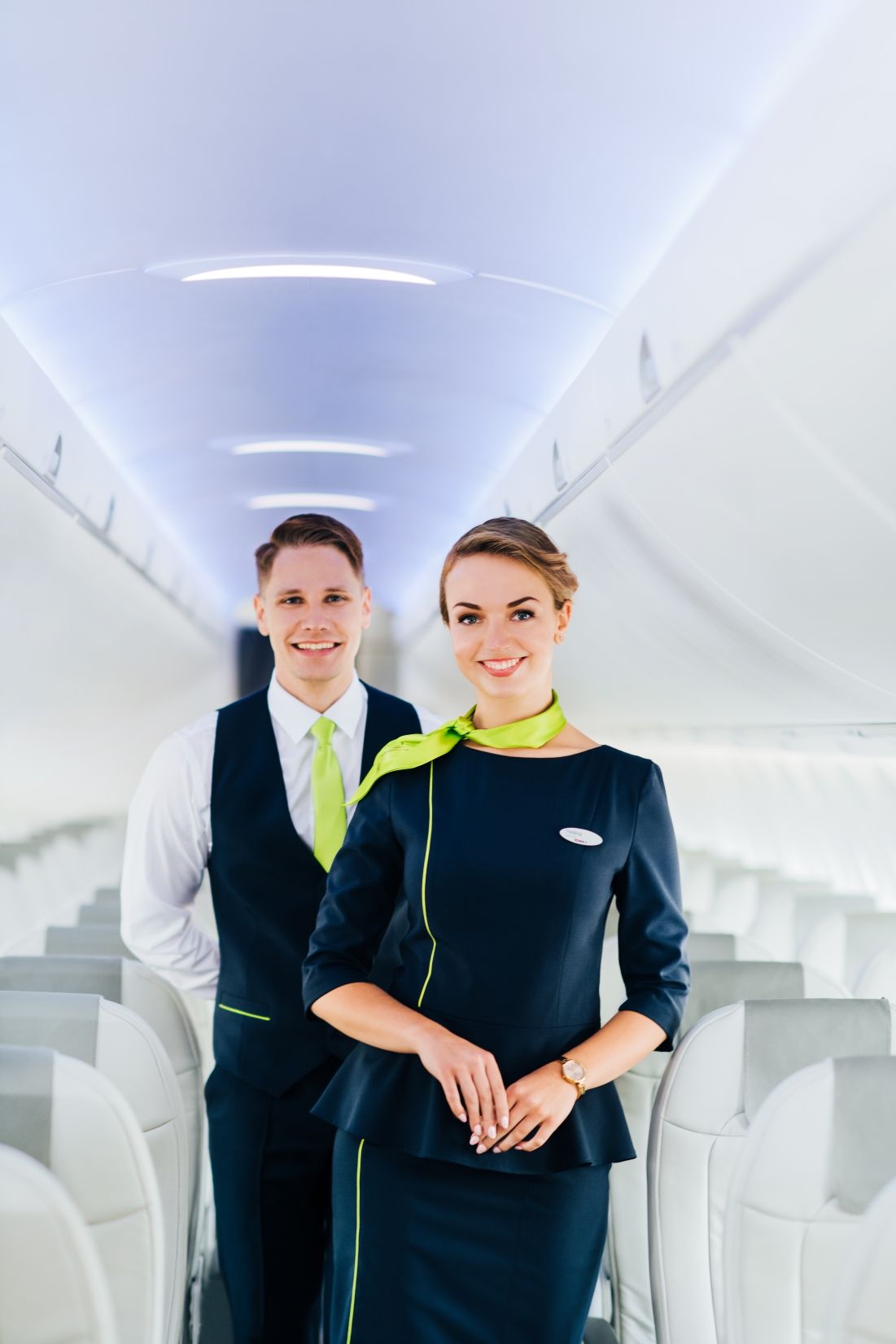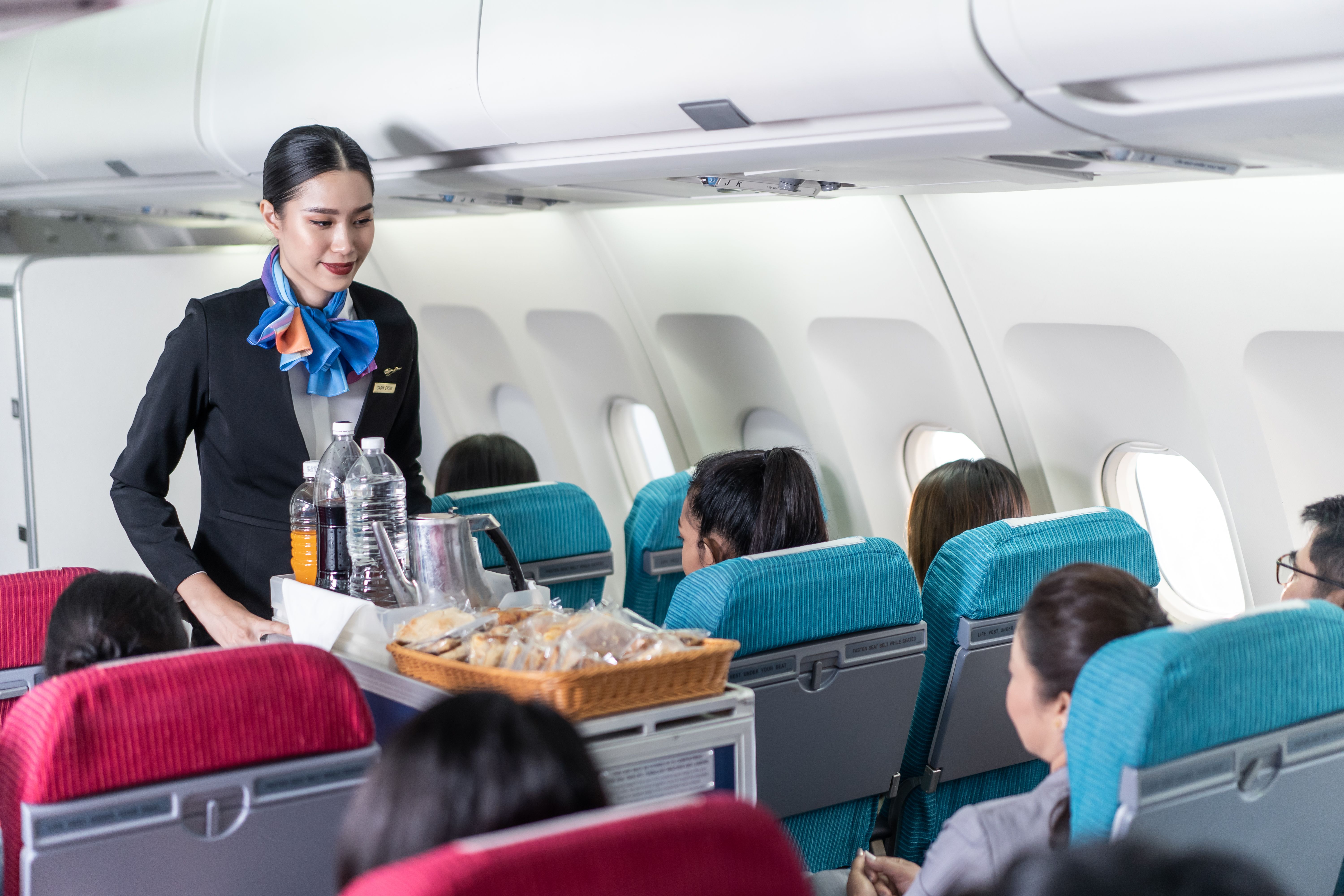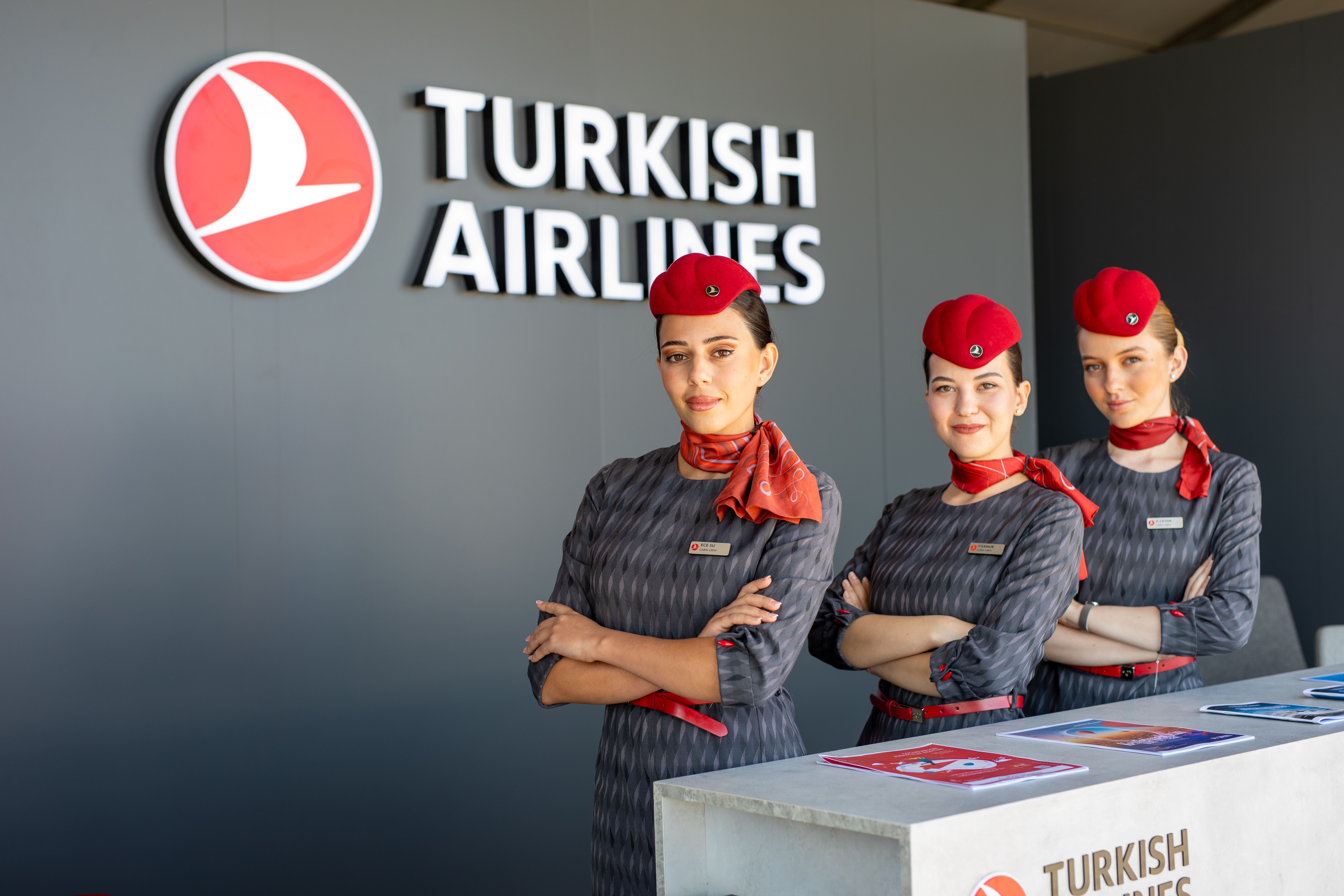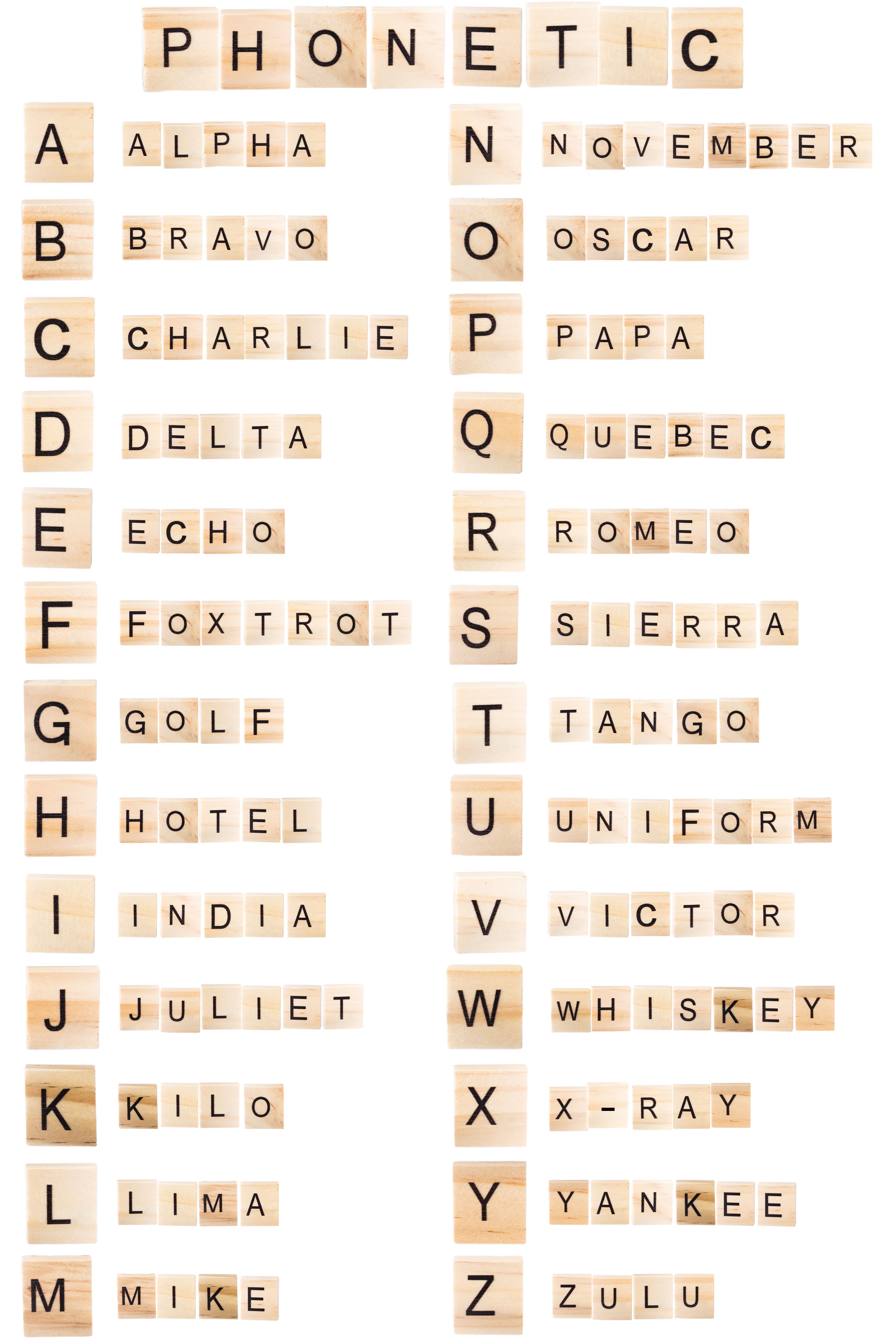Summary
- Cabin crew use specific language and abbreviations, such as "Doors to automatic and cross-check" and "L1, L2, R1, R2," to communicate during flights.
- Some terms vary depending on the region, country, language, and even airline! Every crew has, to some extent, their own slang.
- Cabin crew use abbreviations like "pax" for passengers and refer to trash as "gash" and lavatories as "lav."
As a passenger, during a flight you might hear the cabin crew using words that you don't understand or know. Time to decipher the language of cabin crew. Note: this mostly applies to native English-speaking cabin crew members. While some terms are used throughout the industry, such as cross-check, other terms have local variants depending on the region, country, language, and even local slang. Some even change depending on the airline itself!
10 "Doors to automatic and cross-check"
This is when the aircraft is about to leave stand, the cabin crew have to set the door so that the slide automatically deploys if needed in an emergency. Some airlines use "Cabin crew, arm doors" instead. "Doors to manual and cross-check" is said by the senior crew member when the aircraft stops at the stand after a flight and the doors are set by the cabin crew to disarm the slide. The cross-check is when each crew member checks that the other's door is in the correct position. Alternatively, "cabin crew - disarm doors" is used.
9 Positioning
As in "Tomorrow, I am positioning to Rome" and is the same as "dead-heading" - it means the cabin crew is traveling on an aircraft as a passenger but in uniform and going on to join a flight that they are working on.
8 L1, L2, R1, R2
These are the cabin crew positions on the aircraft and at each door and crew station. The bigger the aircraft, the more doors and more positions. So, when the interphone rings, the cabin crew don't say their name but say their position. L1 would be the senior crew member at the left front door of the aircraft.
7 Pax
Cabin crew tend to shorten words a lot - "pax" is what we say instead of passenger. "We have 185 pax onboard today" or "Pax in 5C, would like a coffee."
6 Gash
Cabin crew go and collect "gash" and even have a "gash cart." That's trash or rubbish to everyone else.
5 Fwd, aft and lav
This is how they refer to the front and back of aircraft - so "Aft galley" is the galley (or kitchen as normal people would say) at the very back of the aircraft. Lav refers to lavatory, so they might talk about the "fwd lav."
4 Slam-click
If you are ever called a "slam-click" it means that you don't like to socialize after a flight - hence the sound of the door and the key in the lock of the hotel room. Maybe this term should be used even beyond the aviation world.
3 BKK, SFO, CDG
Cabin crew do tend to talk in airport codes a lot, so when asked where they are heading they'll normally state the IATA three-letter code instead of the actual city name.
2 Alpha bravo charlie
Anyone working in aviation knows the aviation or phonetic alphabet. It is really helpful for clarity when spelling things out whether it's a name, place or aircraft registration. How often do cabin crew use it - Lima, Oscar, Tango, Sierra!
1 Dairy fairy
This may be unique to one airline or even a few. After the meal service on a short-haul flight, the cabin crew used to go in to the cabin and serve tea and coffee by hand. The third person, was the 'dairy fairy' who would bring out a tray with extra milk, sugar, and stirrers.
Do you want to know even more phrases only cabin crew know? Check out our part 2 here.
This list mostly applies to the UK, but you can find other terms in different countries. For instance, did you know that some cabin crew members in Australia nickname attractive people onboard a flight as "Bob"? According to Owen Beddall, who wrote the book Confessions of a Qantas Flight Attendant, 'Bob' stands for 'Best on board.' In other countries, they can be referred to as 'hot coffee'. For example, 'I've got hot coffee in 3B,' as reported by Yahoo a few years ago. Also, when passengers disembark from the plane in Australia, they do the 'cheerio game,' according to the cabin crew members. Now you know, cabin crew members have a whole slang for themselves. Pay attention to them the next time you're in a flight, and try to figure out what they are saying.
Are you a cabin crew member? Which other phrases you use that no one else does? Let us know in the comments below.

